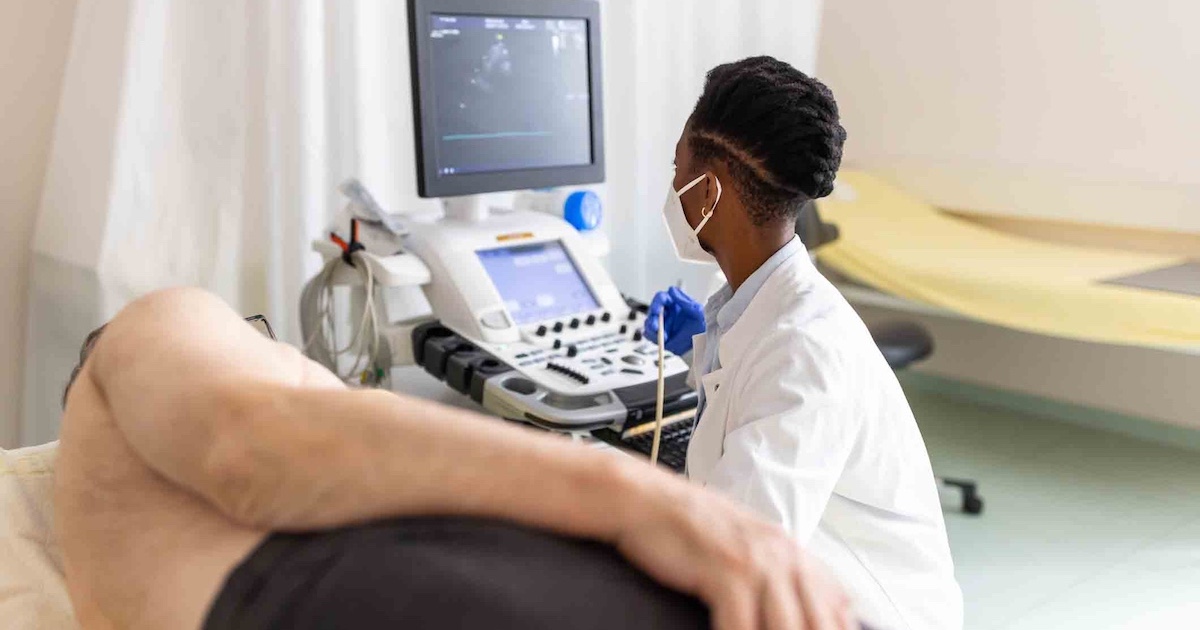Mobile prescription therapy (MPT) brings a heightened sense of awareness and urgency to mobile health. MPT is born from the confluence of clinical, behavioral and data science innovation and the ubiquitous access to and acceptance of mobile and Internet technology and can be broadly described as a scalable, effective means of addressing many significant healthcare challenges for patients, providers and the overall health system.
MPT decentralizes, and in novel ways democratizes, the delivery of healthcare by empowering patients and providers through the use of wireless mobile devices, clinical and data science and the Internet. At its heart, MPT represents the convergence of mobile technology, clinical and behavioral science and validated clinical outcomes to create a new-to-the-world healthcare solution that supports patients in their daily self-care and provides their healthcare provider with additional data for decision-making.
To qualify as MPT, a solution should fit two sets of criteria:
- It must be automated, personalized and contextually relevant and be able to provide patient-level decision support to healthcare providers.
- To further differentiate MPT from an app, it should have published outcomes, adhere to applicable regulations governing patient safety and good manufacturing process, must be prescribed by a healthcare provider (just like a drug or a device), and must be reimbursed by a health plan, like a drug or device.
MPT adoption opens several opportunities for patient engagement and earlier intervention and prevention. These include, but are not limited to:
- Disease Continuum: Patients manage medications, metabolic measurements, lifestyle and symptoms. The protocols will change based on the disease but the MPT platform will remain the same.
- Chronic Care Continuum: MPT will allow the healthcare system to focus on earlier intervention in the chronic care continuum, to include patients who are pre-disposed to a disease or even prevention.
- Data Continuum: In many ways, the value of the data collected from MPT will quite likely outweigh the value of the MPT itself. Both real-time and longitudinal data can be mined and modeled in referential and inferential ways. Predictive and adaptive modeling and intelligent pattern recognition will provide novel insights related to drug therapies, disease parameters and patient behaviors.
- Technology Continuum: Sensor data will dramatically improve seamless engagement to multiple MPTs by patients. These solutions will be further accessible via multiple mobile Internet devices (MID) and interact with MPTs through the most convenient and available device.
- Personal Continuum: As the data collected expands to include the realms of “mind, body, soul” - that is, psycho-social, metabolic and socio-cultural data - the value will expand to provide more individualized, contextually relevant and culturally-adaptive feedback to patients.
With the potential to unlock significant value, empower the patient to own their care plan and leverage the ubiquity of mobility, could MPT shift the mHealth paradigm from what we currently know as mobile health to the notion of mainstream health?
It seems natural that mobility becomes a mainstay in the fabric of healthcare delivery, and without it one is not “in the game,” so to speak. But to further make the claim that MPT becomes mainstream health - a BHAG (big hairy audacious goal) in and of itself seems just as natural! Standards of care for a chronic condition - that outline the typical steps and therapies that doctors use to treat patients - will include MPT. The efficacy of MPT will stand shoulder-to-shoulder with drugs and devices. But unlike drugs and devices alone, MPT will empower patients to take control of all aspects of their disease - their medication regimens, their metabolic measurements, their symptoms and their lifestyle.
Put differently, if mHealth does not become mainstream health, then many of the innovative approaches of the past decade would be for naught.
Anand K. Iyer, PhD, MBA, is the chief data science officer of WellDoc. With a Doctorate in image pattern recognition, he leads the company’s data science efforts in the domains of informative, predictive and adaptive modeling to further improve patient outcomes and reduce healthcare costs through real-time data from WellDoc’s clinical and behavioral science-driven mHealth platforms. He is co-author of a chapter on mobile prescription therapy in mHealth Innovation: Best Practice from the Mobile Frontier (HIMSS Books, 2014), available in print, eBook and Kindle editions.
This article originally appeared on the HIMSS Blog.


